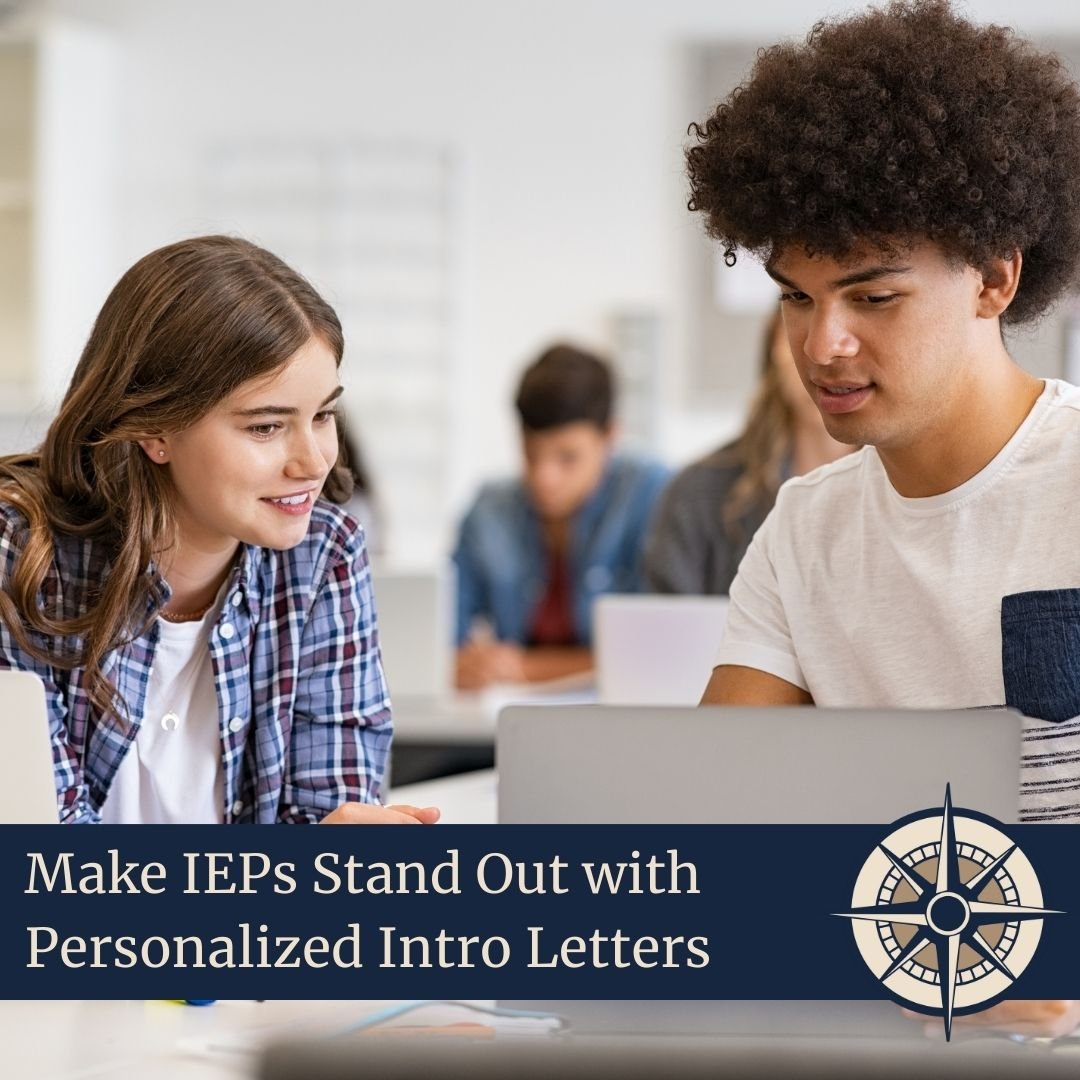
Make IEPs Stand Out with Personalized Intro Letters
Using student introduction letters alongside IEP summaries is an effective way to personalize and enhance communication between educators and students. This practice not only helps teachers quickly grasp each student’s strengths, needs, and goals but also empowers students to take ownership of their education by fostering self-advocacy skills. By incorporating this approach, educators can create a more supportive and inclusive learning environment, turning routine paperwork into meaningful connections that contribute to student success throughout the school year.

4 Steps to a Financial Roadmap for Higher Education
Help your students achieve debt-free postsecondary education and training. Discover how to navigate the complex world of student finances, from unlocking potential through higher education to understanding the true costs involved. Equip your students with career exploration strategies and practical financial planning activities. Empower them to make informed decisions and start their journey towards a successful, financially secure future.

Guiding Students in the Art of Requesting Recommendations
Teaching students to request letters of recommendation goes beyond the basics, offering a chance to develop crucial social skills. A lesson covers on this topics covers who to ask, how to approach them, and the importance of timing and tact, while also emphasizing the value of providing recommenders with the right information and following up with sincere thank-you notes. By mastering these elements, students gain confidence in professional interactions and build strong networks for their future endeavors.

Helping Students Become Credit-Savvy Adults
Teaching students about credit card responsibility is a crucial component of financial literacy that can have a profound impact on their future. By equipping young adults with the knowledge to understand credit card terminology, recognize the importance of credit scores, and employ effective credit protection strategies, we promote their financial success. Empowering students to manage credit cards wisely and avoid potential pitfalls helps shape their financial futures.

Preparing Students to Manage the Paperwork of Adulthood
Teaching students the importance of document management equips them with essential skills for navigating adulthood successfully. By understanding which documents to keep and for how long, students can verify their identity, protect their privacy, and secure their future. As they learn to manage their documents effectively, they not only ensure their own well-being but also minimize risks such as identity theft. This foundational knowledge paves the way for a smoother transition into adulthood.

Helping Students Explore Education & Training Options
As students approach graduation, choosing the right postsecondary path can feel overwhelming. With options ranging from college and vocational schools to apprenticeships, military service, and more, this post explores various education and training pathways, offering insight into the benefits and challenges of each. By helping students align their strengths and interests with the right opportunity, educators can play a key role in preparing them for a successful transition into adulthood.

Employment Searching and Career Exploration for Students
Navigating the complexities of the job market can be challenging, especially for young adults entering the workforce. Integrating lessons on job searching into educational curricula, vocational programs, and life skills courses empowers students to understand eligibility requirements, explore their interests, and protect themselves from job scams. This guidance helps pave the way for informed career decisions and a fulfilling professional journey.
